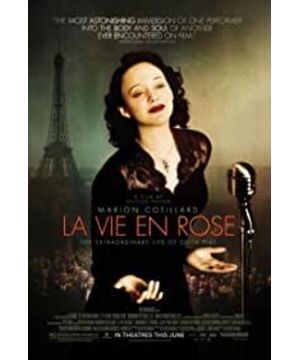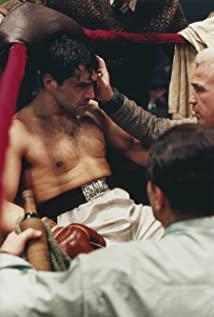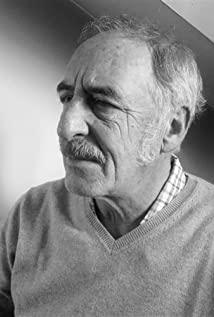The chanson label song "La Vie En Rose", which was extensively covered, was written by Piaf himself. In the film, Piaf's singing career is very successful, and the journey of life is very hasty and noisy. The description of "Yangzhou dream in ten years" is also somewhat suitable, but among them, the female backup dancer with "slender waist and light palm" is the mainstay, and the feeling is tortuous.
Edith Piaf appears to be a naturally pure character in the film, which is often expected of the protagonist in female biopic films. And those buried in the 1930s seem more lively than those of the present. Perhaps the opportunity for maturity at that time was that in an era of careless life, livelihoods invaded life, and life fell apart. Piaf has carried forward the chanson, and can finally carry the chanson ballads into Carnegie Hall and perform at Olympia. Only after watching the movie will you understand that chanson was originally a folk song that was meant to face life face-to-face, speak out, and cultivate a bleak life in a romantic hallucination flowerpot. To sing the trivialities of life repeatedly like that seems to obliterate the sense of life. Sounds like a rough rasp, just about to grind life out of calluses. And once the singers become devout, they will always have such a powerful psychological suggestion-they will be warmly protected by Santa Teresa and affectionately favored by the artistic paradise. Singing on the streets with no money, and plausibly declaring that he is for "art", not for a dime. It is this solemnity that adds a unique French artistic thickness and traditional atmosphere to the film. This bleak layer of sympathy seems familiar, and the (women) people who make a déjà vu in the living room, in the windy field, on the lawn and in the salon, as recorded by Ptust, are also wrapped in a similar layer of mellow aura.
The Piaf in the movie reminds me of a certain group of scholars in Ming Dynasty society. They failed in many trials and failed to become officials. They lived in seclusion for the rest of their lives, and they lived in the fields of practicing medicine, inquiring about divination, vending ancient times, selling literature to survive, and even making money by fraud. Although most of their lives were poor, the epitaphs written by their dying friends for their own life identification hoped to be written as the ideal image of the literati that was the same as that of Dong Qichang and Chen Jiru. This should also be the intention of the word "literati" as an adjective now - in order to abstractly represent the ideals of the literati. It is also the unremitting pursuit and discussion of various standards of painting, antiques and literature by these huge numbers of lower-class literati, passing on the cultural fuel.
Li Rihua's "Diary of Weishuixuan" recorded a very moving part of Xiang Chengen, which is copied here: "When I went to Xiang's old shop, I ate it with snow lotus root, and Xiang Lao happily published a scroll to appreciate it. … She people, who first settled in Renhe for all the students, went away with thanks for things, hidden next to the Yueci Temple in the West Lake. Half the old house, in front of it is the column, the fine pieces of the old bottle, and the short pine and thin cypress, the thorny branches of the papyrus are worthy of Pot players. Take the money and rice to cook food. There are people who paint with the name of the law. They don't hesitate to save what they can. The bed is piled up, and salt is a thing. There can be no good. At the beginning of the year, there was still a concubine. Puffed temples and linen skirts. It is not like the Luantai of Sikongtu. There is nothing to change. The old man lives alone. Rate this to spend the day. Don’t cut and brush pine and bamboo in the morning and evening. That is to read calligraphy and painting. Or support Yi to look at the mountain. The mood is suddenly and suddenly. Be at ease. Outside of the transaction. Never say a word. Or the price is not worth it. That is, hand in a knee-hued bed. Call it no longer. Live on the lake for more than ten years. People gradually recognize it. Xiang Lao's name is Uncle Favorite. He is called Taoist Yuhuai." When I
read "The case is piled up on a bed, salt is also a thing...and the meaning is self-indulgent", I feel in a trance, why is it so similar to my own.
View more about La Vie En Rose reviews











